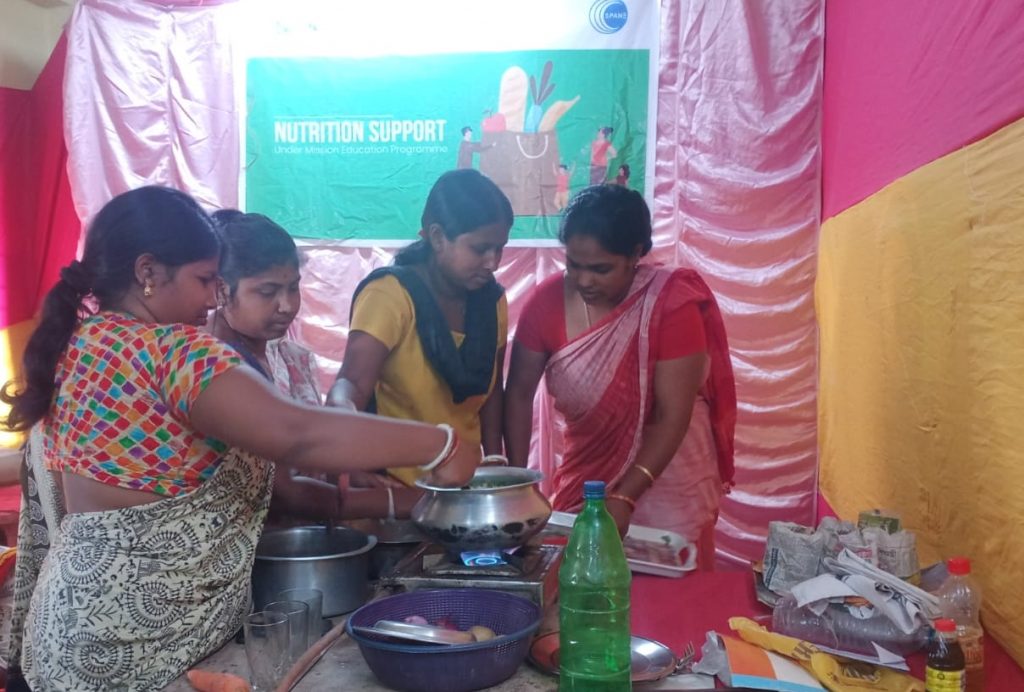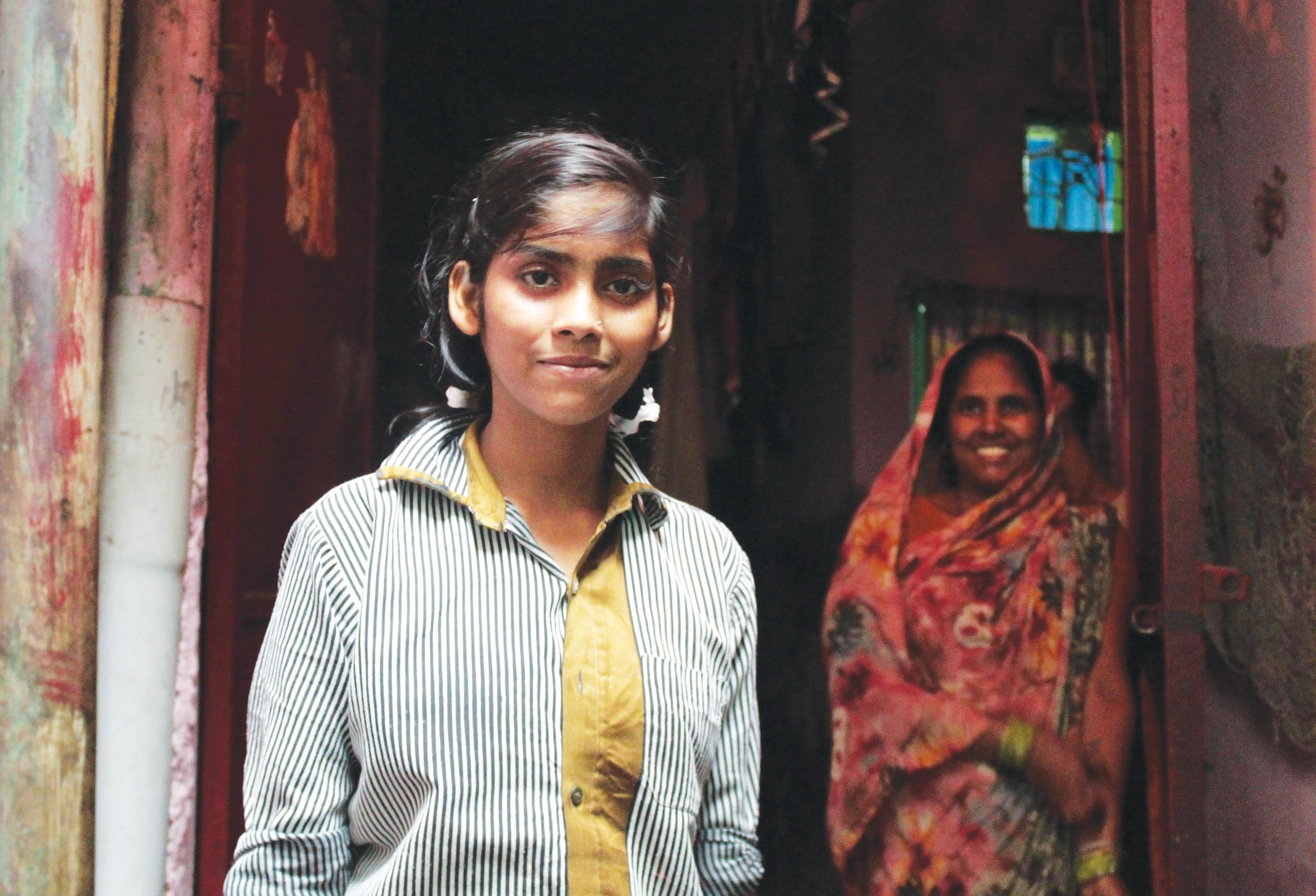Nutrition is fundamental for good health and well-being. It promotes growth and development, ensuring proper physical and cognitive development. Nutrition provides the energy needed for daily activities and bodily functions. It is also linked to better mental and physiological health. In today’s era of artificial intelligence, everything seems to be artificial including our food and dietary habits.
Just like information is so readily available; anywhere & everywhere, just in one click, we want our food in the same manner, just in one single click. Reports suggest that most working professionals living in a tier-1 city order at least one meal from outside.
With food delivery apps lodging a growth rate of 15.98% in India and projecting a rise to a 9.7-billion-dollar market by 2025, it seems a good startup venture but is alarming for health and wellness. On the contrary, it could be a good time to enter the health and wellness industry since the rise of food delivery apps will also lead to a rise in several lifestyle disorders and heart-related diseases. Due to changing food and lifestyle choices, some people are forgetting their roots, traditional foods and eating methods. They are carelessly filling their plates and stomachs, ignoring the nutrition criteria. Let’s get a brief understanding of what nutrients are:
Nutrients
In layman’s language, nutrients are the compounds in food that provide us with energy that facilitates repair and growth and helps us carry out different life processes. Nutrients can be broadly categorised into macronutrients and micronutrients. These can be further classified as:
Macronutrients
- Carbohydrates: They are the body’s main sources of energy. They can be found in foods like bread, rice, pasta, fruits and vegetables.
- Proteins: They are essential for the growth, repair and maintenance of body tissues. Sources include pulses, beans, nuts, dairy products, etc.
- Fats: They are energy storehouses that protect organs and aid in the absorption of vitamins.
Micronutrients (also known as vitals)
- Vitamins: These are organic compounds that are crucial for various bodily functions. For example, Vitamin C is important for the immune system, while Vitamin D is essential for bone health.
- Minerals: Inorganic elements like calcium, potassium and iron are vital for processes such as bone formation, nerve function and oxygen transport in the blood.
Nutrition Crisis: Focus on Malnutrition in Children
In a study, it was found that about 99.3 percent of the global population intakes insufficient nutrients. The findings also suggested that around the world, almost 70 percent, or over five billion, people do not consume enough iodine, vitamin E and calcium.
In India, while more women consumed insufficient amounts of iodine, vitamin B12 and iron, compared to men, more men consumed inadequate amounts of zinc and magnesium, vitamin B6, zinc and vitamin C, compared to women. This leads to a nutrition crisis where a significant portion of the population is unable to access or consume adequate nutrients necessary for maintaining health. This can result from various factors, including food insecurity or scarcity, economic instability, natural disasters, climate change, health crises such as pandemics or conflicts and displacements due to wars causing food production and distribution disruptions.
A nutrition crisis that lasts for a long can lead to various disruptions and issues. This includes malnutrition leading to wasting, stunting or an underweight population. Severe malnutrition, especially in children, can lead to higher mortality rates. Chronic malnutrition can also affect physical and cognitive development, particularly in children.
Malnutrition can reduce productivity and increase healthcare costs, perpetuating a cycle of poverty and underdevelopment. We need to implement sustainable agricultural practices, improve food systems and enhance economic resilience. This will also help us ensure access to healthcare and nutrition education to prevent and treat malnutrition.
Nutrition crisis is a complex issue
Addressing these issues requires a comprehensive approach that includes improving economic conditions, enhancing agricultural practices, strengthening healthcare and sanitation, ensuring effective implementation of government programmes and addressing social inequalities. Let’s discuss some major reasons for the nutrition crisis:
- In India, a significant portion of the population lives below the poverty line, limiting their access to nutritious food. This also leads to economic disparities where while some regions and communities have better access to food, others struggle with severe shortages.
- Agricultural practices like cropping patterns of a country also hold significant importance when it comes to food availability. In India, the major focus remains on cultivating rice and wheat which often overshadows the production of more nutritious crops like millet and pulses. This also happens due to ineffective policy interventions and low minimum selling price policies.
- Limited access to healthcare services, especially in rural areas is the major reason for exacerbating malnutrition in India. These poor sanitation and hygiene practices lead to diseases that can worsen nutritional status.
- Insufficient public health expenditure is still only about 1.3% of India’s GDP, which is insufficient to address the widespread malnutrition. Adding to it, programs like the Integrated Child Development Scheme (ICDS) and mid-day meal schemes have also faced disruptions during the COVID-19 pandemic.
- Social factors like gender inequality and low literacy rates are also responsible. Women, especially in rural areas, often have less access to nutritious food leading to higher rates of malnutrition among women and children. Similarly, a lack of knowledge and awareness affects their ability to make informed nutritional choices.
- Sometimes Natural disasters, pandemics or extreme weather events leading to floods, drought and other climate-related events can destroy crops and reduce food availability.
Let food be your medicine: Fighting malnutrition in children
Ensuring access to nutritious food for all remains a challenge. This needs the combined efforts of the government, local self-help groups, nonprofits and other social organisations to ensure food security and awareness for all. Strengthening agricultural policies that promote sustainable farming, improving public distribution system (PDS) efficiency and expanding programmes like the National Food Security Act (NFSA) to ensure that nutritious food reaches marginalised populations.
Nonprofits can also work with local organisations to spread nutrition education and awareness. Smile Foundation also work in rural areas to spread awareness. They conduct school and community programmes to emphasise nutrition education from a young age, encouraging lifelong healthy eating habits.
Food available today lacks nutrition due to various uncertain reasons and the changing climate. In such cases, scaling up fortification efforts for common foods like rice, wheat and edible oils with essential vitamins and minerals, such as iron, folic acid and vitamin A is crucial. This can also be added to food programmes like the Midday Meal Scheme. Government programmes like the Anaemia Mukt Bharat and Poshan Abhiyan should be reinforced with better monitoring and coverage, ensuring that iron, folic acid and other nutrient supplements reach those in need.
Smile’s work to improve the situation of malnutrition in children
Smile Foundation’s Smile on Wheels initiative visits the remotest areas of the country with their mobile hospital and a great medical team that regularly checks treats and updates health-related issues of the residents providing them best facility at their doorsteps.
The programme also covers maternal and child nutrition for long-term health improvements. The government’s efforts to strengthen primary healthcare systems and integrate nutrition counseling into routine healthcare services can encourage better dietary practices. As Hippocrates said, “Let food be your medicine and medicine be your food.” So, before you need to rely on medicines, make food your medicine to heal your body. Awareness about nutrition will go a long way and encourage mindful and conscious eating habits.









